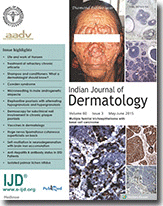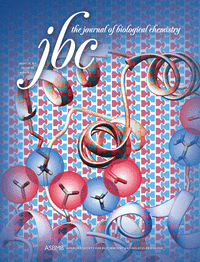
Another retraction makes 32.5 for former accounting professor James E. Hunton, and earns him the #10 slot on our leaderboard.
Though he resigned from his position at Bentley University in 2012, the story didn’t end there: In 2014, a university investigation found he’d committed misconduct in two papers. The, in June 2015, he notched 25 retractions all at once.
The newly retracted paper, “Effects of Anonymous Whistle- Blowing and Perceived Reputation Threats on Investigations of Whistle-Blowing Allegations by Audit Committee Members,” published in the Journal of Management Studies, suggests that, for public corporations, an anonymous whistleblower might not be as effective as an alert from a known source. The publisher Wiley put out a press release for the paper in 2010, and it succeeded in garnering some coverage.
Whether its conclusion remains valid is unclear, as Hunton didn’t provide evidence to support the validity of the data. The note explains:
Continue reading Former accounting prof adds his 32nd retraction


 Researchers have pulled a paper about a drug used to treat pancreatic tumors due to “statistical errors.”
Researchers have pulled a paper about a drug used to treat pancreatic tumors due to “statistical errors.”



